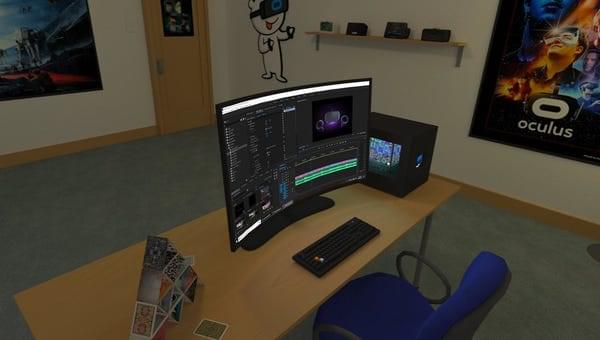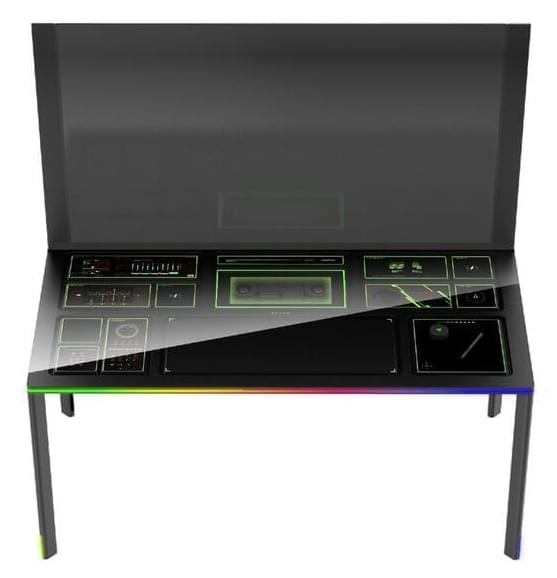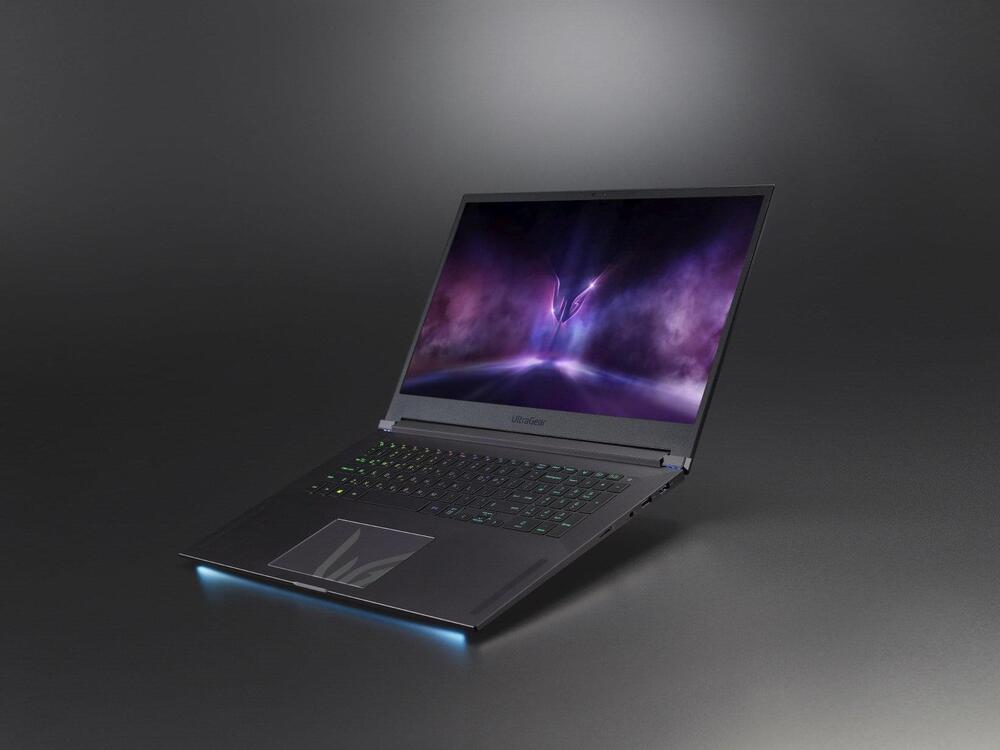Jan 14, 2022
Harvard and DeepMind’s “Hidden Agenda” might solve the problem of multi-agent cooperation
Posted by Dan Kummer in categories: entertainment, robotics/AI
In social deduction games, groups of players attempt to decipher each others’ hidden roles. They need to observe the other players’ actions to deduce their roles while still hiding their roles. Essentially, to succeed in the game, the player needs to learn about the other agent through various sources while remaining anonymous. This needs players to cooperatively work against the other team.
Hidden Agenda
DeepMind and Harvard’s Hidden Agenda is a social deduction game to train multiple players in two fundamental groups. These teams are ‘Crewmates’ and ‘Imposters’. Crewmates have a numerical advantage with the goal to refuel their ship using energy cells scattered around, and Imposters have an informational advantage with the goal of halting the Crewmates. This means the Crewmates are unaware of the roles of the other players, but the Imposers have this knowledge. An environment is created where each player is randomly assigned a role and colour for their avatar at the start of each episode and initialised to a location on the game map.


















